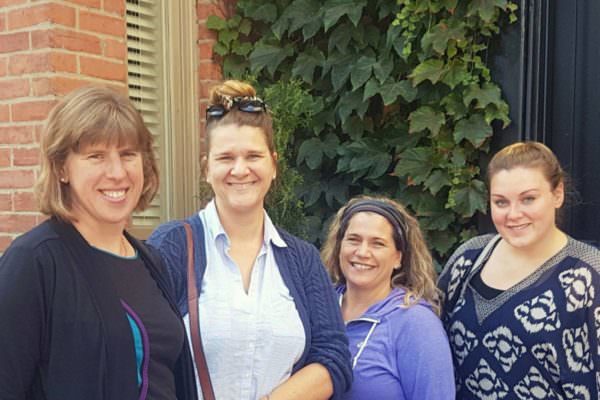
Four Developmental Services Workers (DSW) and Algonquin College graduates have won a major Colleges Ontario prize.
Their health initiative took first place in the William G. Davis Innovation Fund contest. The Algonquin College group topped nine other finalists in public voting that ended on Nov. 5. Their $15,000 victory was announced Sunday by Colleges Ontario. Continue reading